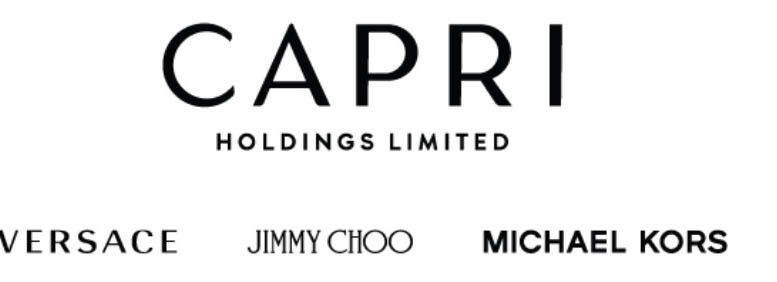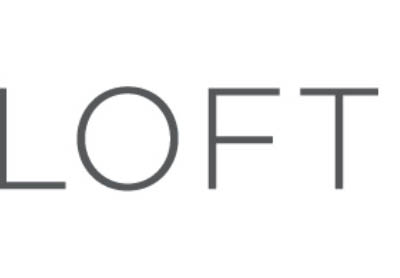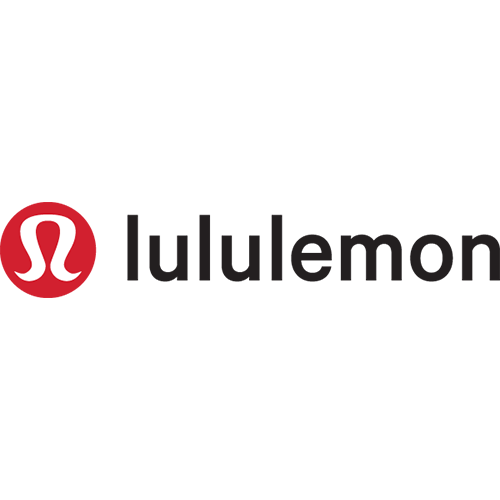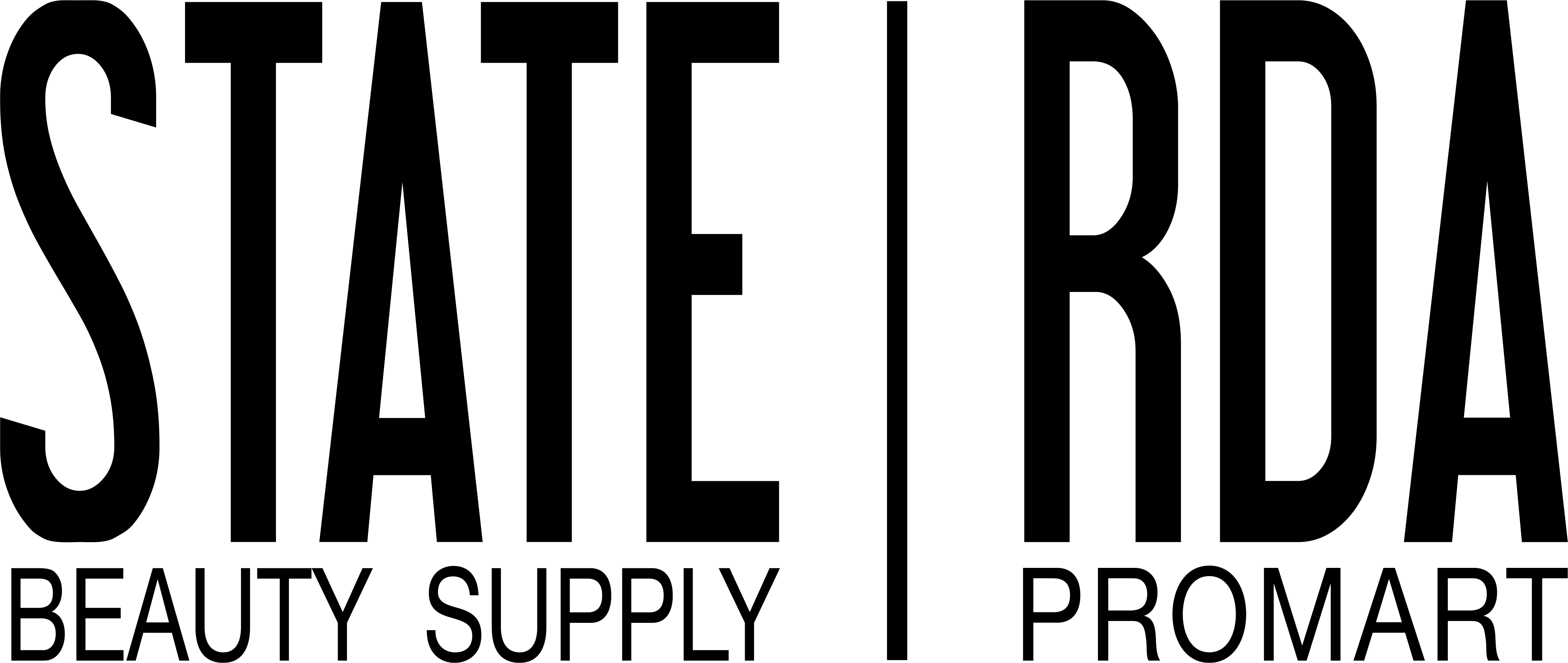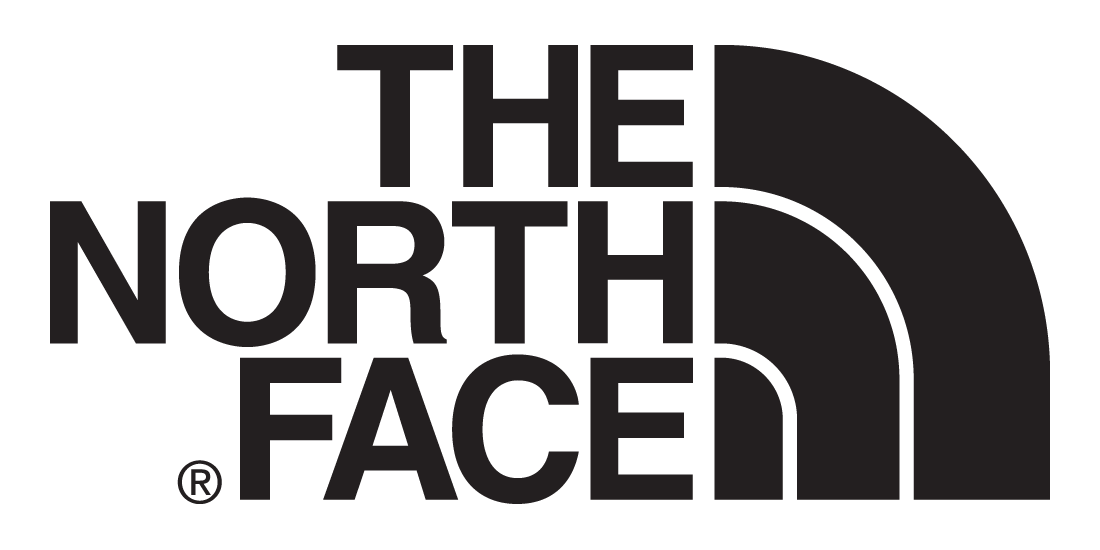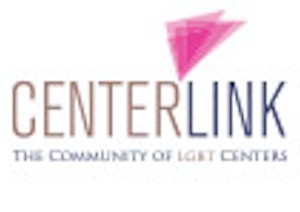OPEN TO ALL MEMBER RESOURCES
Mitigate Racial Bias in Retail Charter
What if you could help transform the retail sector into one that welcomes everyone?
By leveraging groundbreaking research and the collective efforts of its signatories, the Mitigate Racial Bias in Retail Charter is committed to enacting lasting, transformational change.

Companies that join Open to All and sign the Charter send a clear message that racial bias has no place in the customer or employee experience. Signatories also share best practices, resources, and training to ensure that every person who walks into a store is treated with the same level of dignity and respect.
After all, we know that customer service thrives on interpersonal connection. From conversations with customers to marketing campaigns, and product assortment to create a fulfilling shopper experience, the comfort, consideration, and fair treatment of others remain a core tenet of the industry. But not all shoppers feel welcome or experience comfort and inclusion when they visit a store. The data make this clear.
In 2021, Sephora commissioned a first-of-its-kind study that captured the scope and effects of racial bias in the retail sector. The study covered all major retail categories and gathered input from thousands of U.S. consumers and retail employees, ultimately providing an understanding of how the retail industry can better welcome all people. With findings that apply to all retailers, Open to All and Sephora invited retail leaders to use these insights as a starting point for collaboration, learning, and collective, systematic change across the retail sector.
Companies that join Open to All and sign the Charter are invited to participate in Open to All’s Mitigate Racial Bias in Retail Charter Working Group, which meets monthly. Through openness and collaboration, members of this working group consider the experiences of employees and customers alike to increase the hiring and retention rates of employees of color, both in store and in corporate offices, reimagine marketing campaigns to be inclusive of all, and work directly with entrepreneurs of color to get their products on shelves and available to wider audiences.
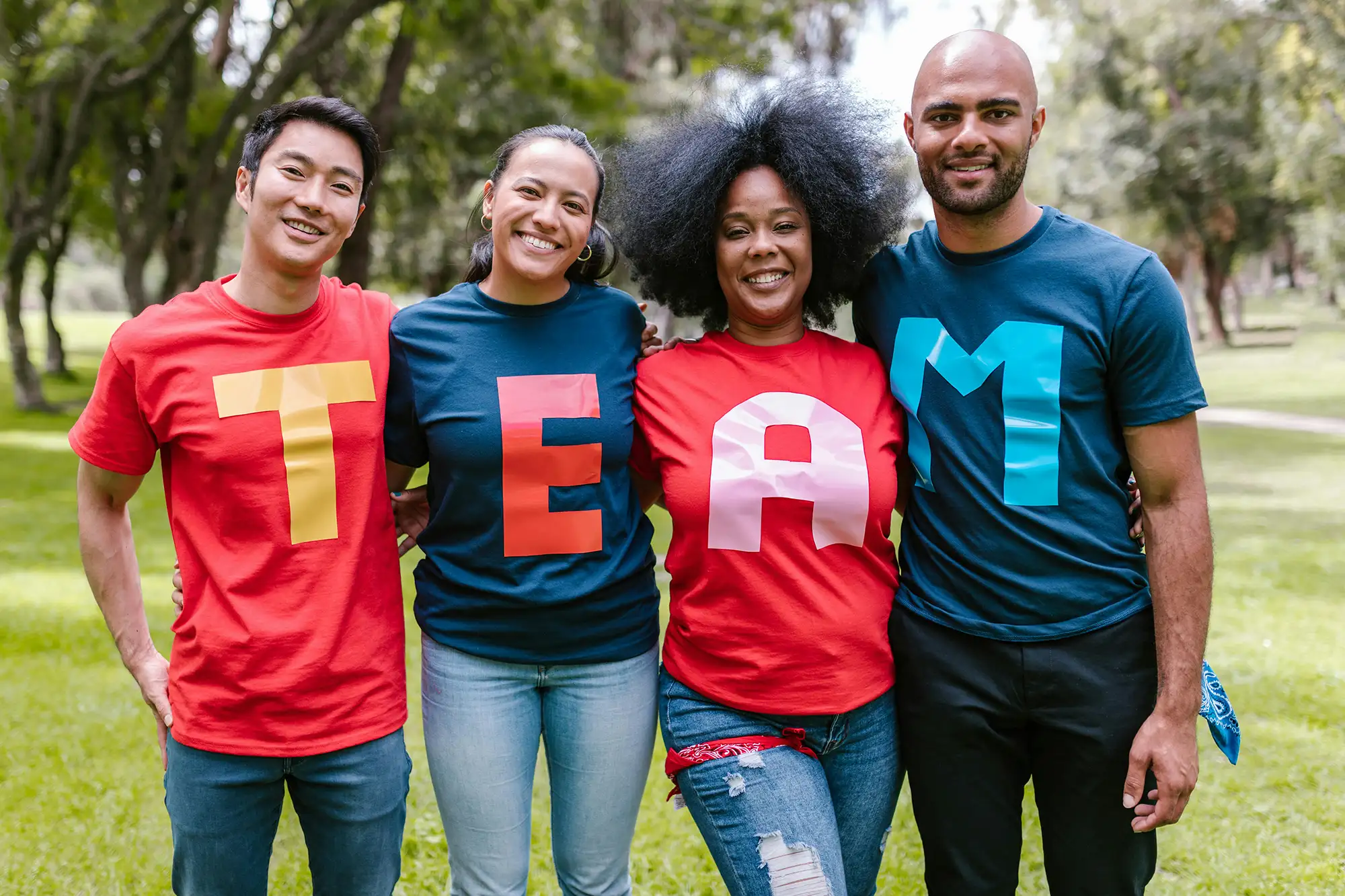
MITIGATE RACIAL BIAS IN RETAIL CHARTER
Sign the Charter
As retailers, we recognize that racially biased and unfair treatment exists broadly in our society and that it impacts everyone’s shopping experience. We believe the retail industry should have a zero-tolerance policy and denounce any unfair treatment of customers. Please join us in signing this Charter and commit to:
- Designing and implementing actions that mitigate racial bias from the shopper experience.
- Fostering inclusive shopping experiences for all, regardless of their race and ethnicity.
- Being accountable to our shoppers, our employees, and the retail industry.
- Working together to share best practices across the retail industry to drive lasting change.
We know that one retailer alone cannot fix this problem. By signing this Charter, we commit to creating the necessary change to mitigate the negative impacts of racially-biased and unfair treatment from the shopper experience. Together, we will make a difference.
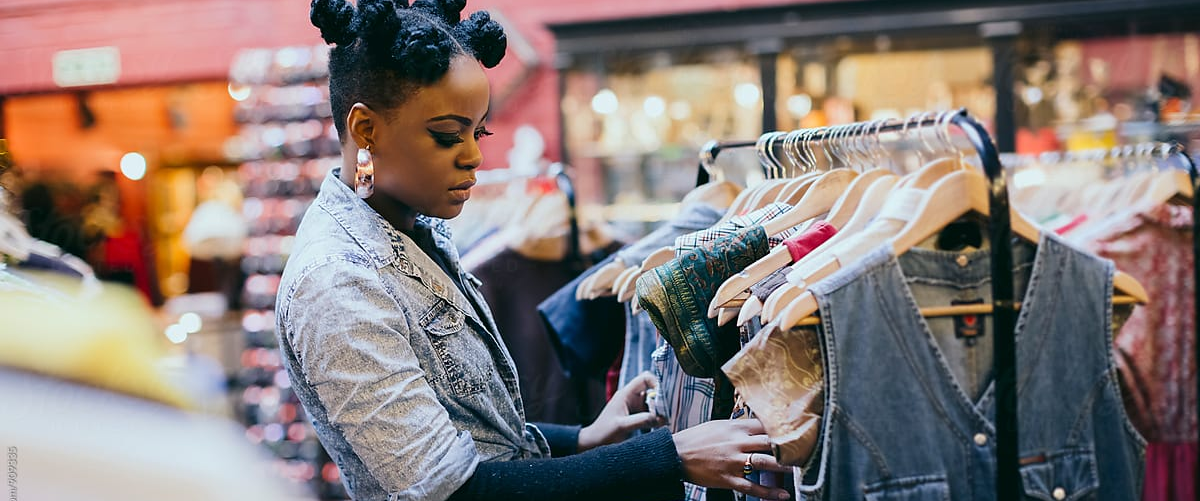
Our Intent
With the goal of collective impact and collaboration together, we will commit to implementing the strategies below, which are informed by research and third-party experts commissioned by Sephora. We recognize this is a journey and welcome any retailer – regardless of maturity – to join to overcome racially biased experiences and unfair treatment:
1
Increase diversity across marketing, product and brand assortment, and retail workforce to prevent exclusionary treatment before shoppers enter a store and during their in-store journey.

Three in four retail shoppers (74%) feel that marketing fails to showcase a diverse range of skin tones, body types, and hair textures.
Context: Three in four retail shoppers (74%) feel that marketing fails to showcase a diverse range of skin tones, body types, and hair textures, while two in three (65%) think stores fail to deliver an equally-distributed assortment of products catering to different shoppers’ tastes and preferences. Moreover, nearly four in five retail shoppers (78%) don’t believe there is representation by brands or companies that are owned by and made for people of color.
2
Provide trainings focusing on the retail experience of shoppers of color to help address the disconnect between how BIPOC shoppers and store employees interpret interactions.

Three in five retail employees (60%) cited behavioral attributes rather than physical attributes when determining how to approach or interact with shoppers.
Context: BIPOC shoppers are three times more likely than white shoppers to feel judged by their skin color and ethnicity (32% vs. 9%). White shoppers, on the other hand, are more likely to say they are judged on factors like age (27% vs. 12%) or attractiveness (13% vs. 7%).
3
Improve service towards BIPOC shoppers and create a positive in-store experience, taking their specific needs into account.

Two in three retail shoppers (65%) think stores fail to deliver an equally-distributed assortment of products catering to different shoppers’ tastes and preferences.
Context: Many BIPOC shoppers want retailers to take specific actions to help them feel welcome. These include being promptly greeted and offered assistance when they enter the store; receiving information about new products, offers, and services; and having store associates who “look like me.”
4
Create a better feedback mechanism to improve service.
70%
70% of shoppers who experienced unfair treatment provide feedback directly to the retailer.
Context: Fewer than one in five (15%) reported raising the issue with a manager or store supervisor. These missed opportunities for feedback and improvement impact future sales as shoppers take their business elsewhere.
5
Consistently independently report on meaningful actions and on progress towards fostering inclusive experiences for BIPOC shoppers. Plus, increase accountability through enhanced policies prohibiting discrimination, harassment, racial profiling, and bias-free loss prevention practices.
3x
BIPOC shoppers are three times less likely than white shoppers to say the retailer addressed their experience with a change in store policy (34% vs. 11%).
Context: These situations can have permanent, economic consequences for a retailer, with two in five BIPOC shoppers (43%) saying they are unlikely to visit any store location belonging to a retailer where they experienced mistreatment.
Mitigate Racial Bias in Retail Charter Signatories
SUPPORTERS
THOUGHT LEADERS
Waikinya Clanton, Politically Sassy, Inc.
Janaye Ingram, Advocate & Activist
David Crockett, Ph.D., University of Illinois Chicago, College of Business Administration

1
Super simple customization
Add your splash of colors, pick your header, choose your favorite font — all with a few quick clicks. No coding skills required.
2
Pixel-perfect patterns
Your website deserves to look pixel-perfect on every device. Ollie ensures your entire design scales down gracefully automagically.
3
Blazing fast by default
We obsess over performance so you don’t have to. Ollie is super lightweight and scores top marks on Google PageSpeed Insights.












